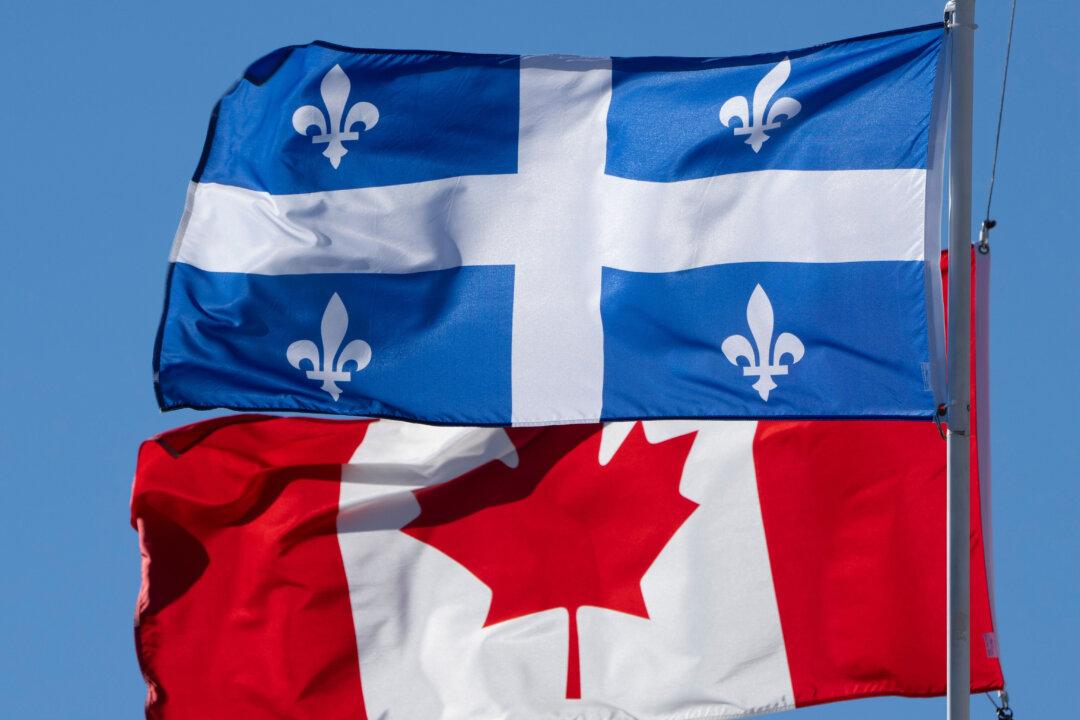French outside Quebec “remains fragile” despite billions in grants invested to promote the language since 2003, according to a report by the Department of Canadian Heritage.
Published last November and updated on March 27, the report says the feasibility of establishing thriving Francophone communities outside of Quebec—defined as Francophone official language minority communities (OLMCs)—remains challenging even though funding to launch programs that encourage the use of French has been provided.





